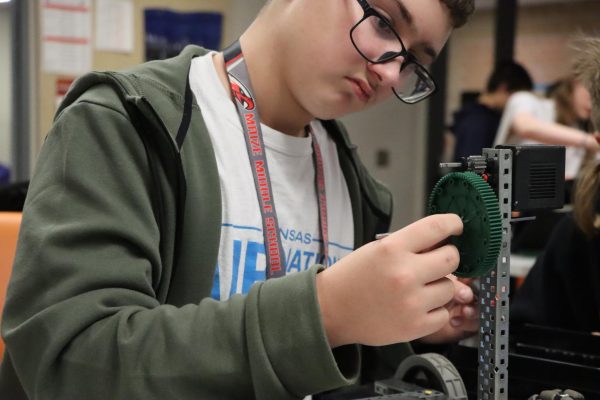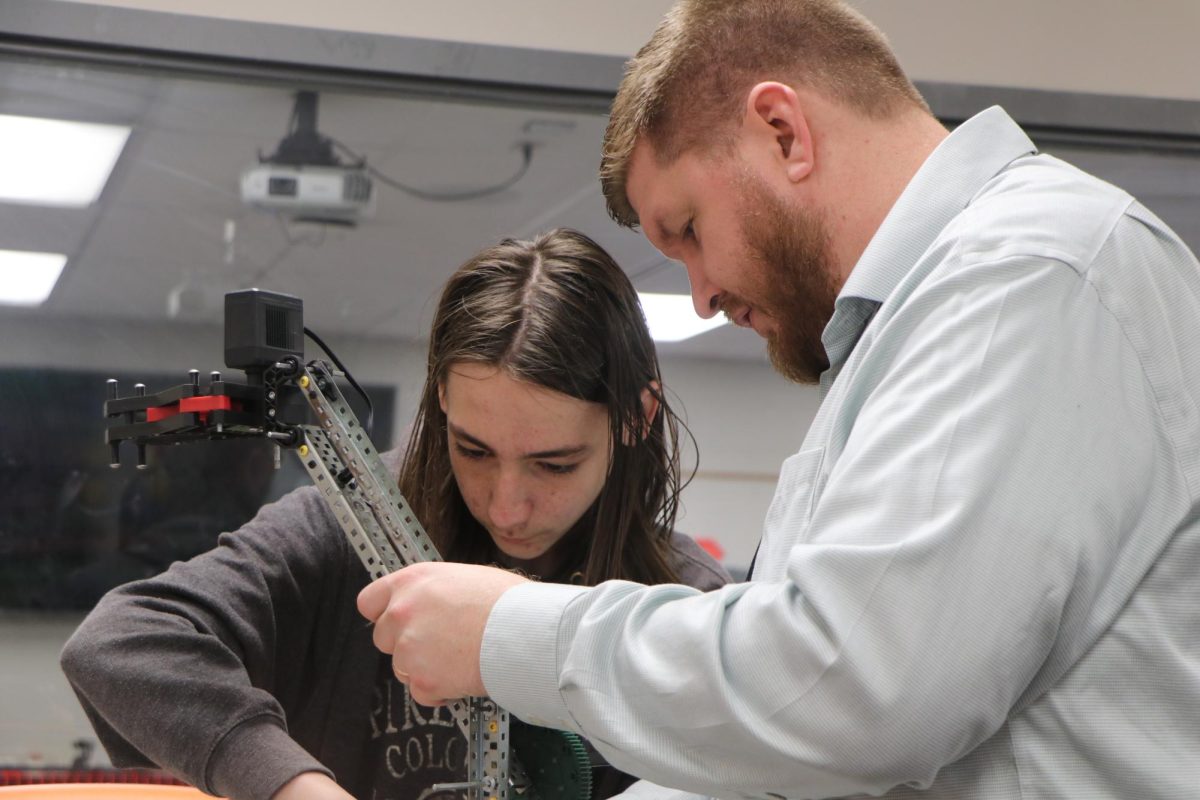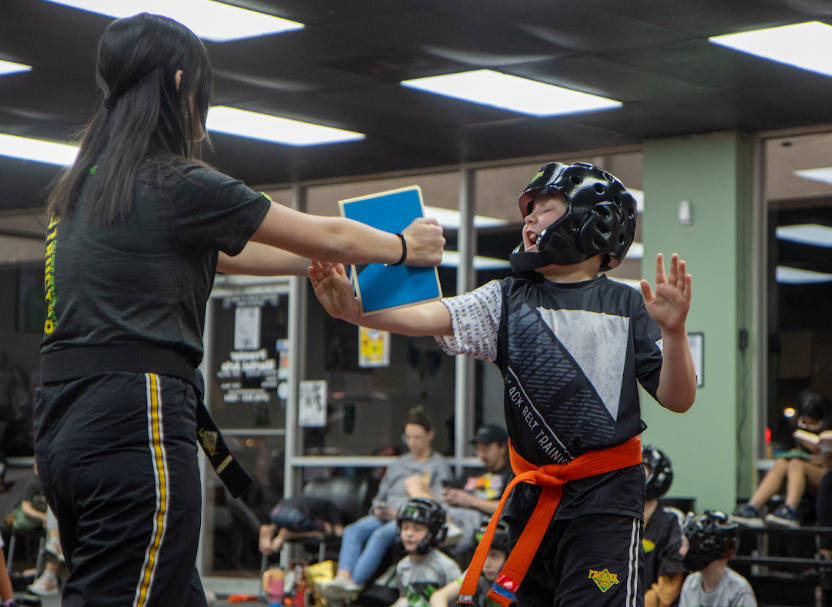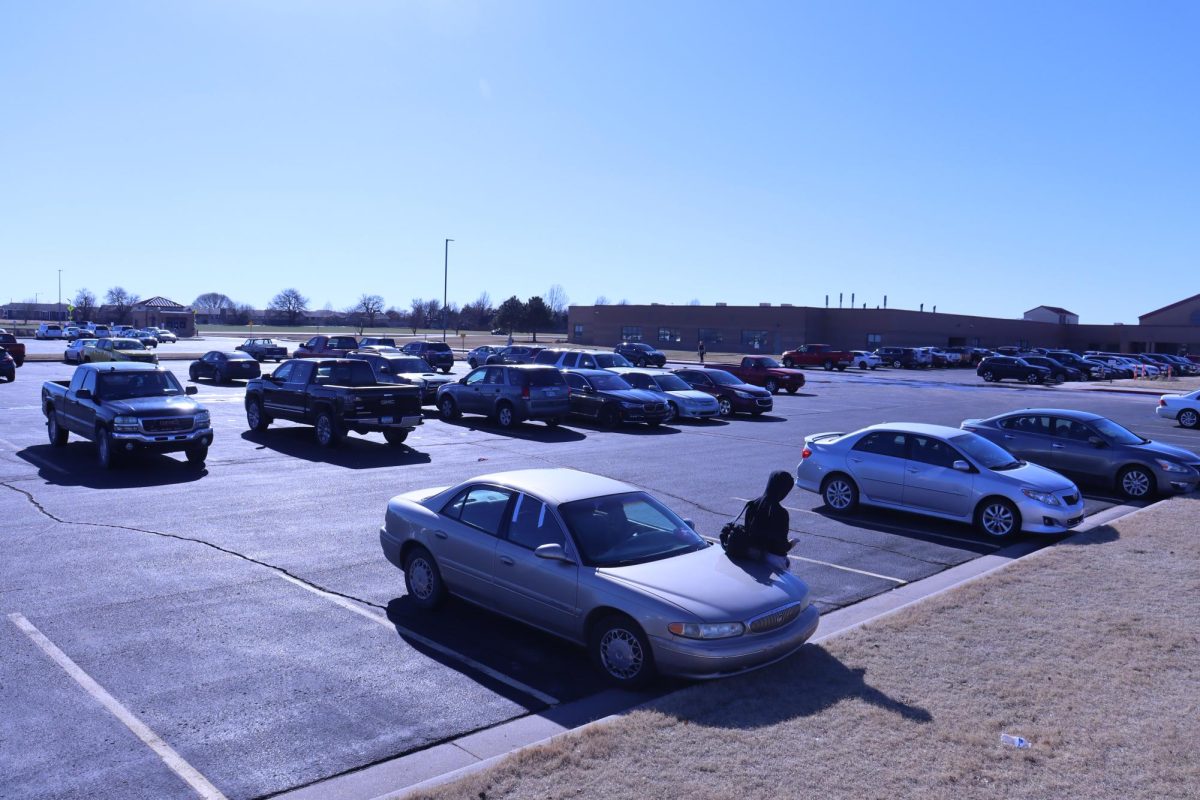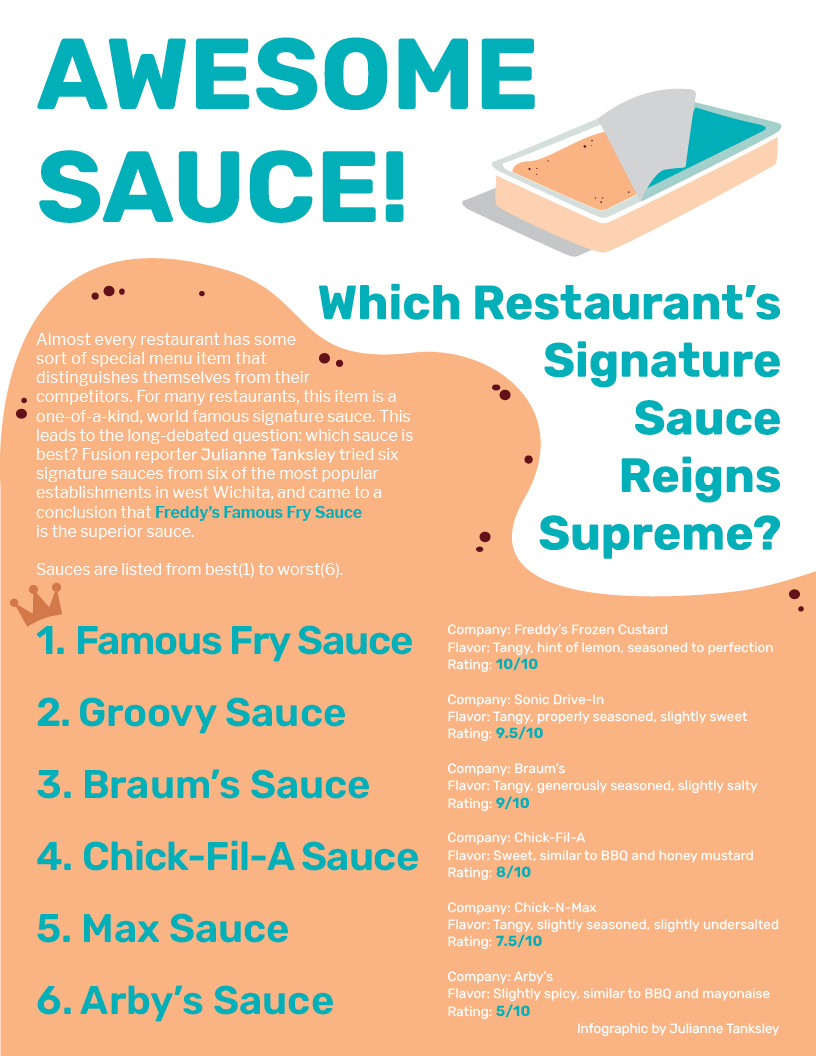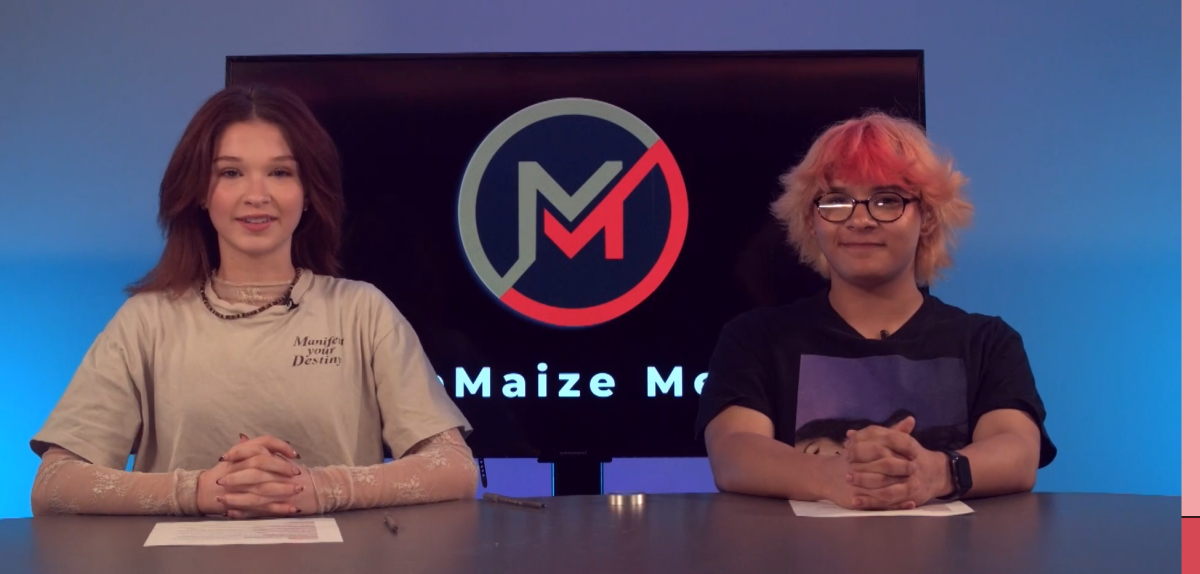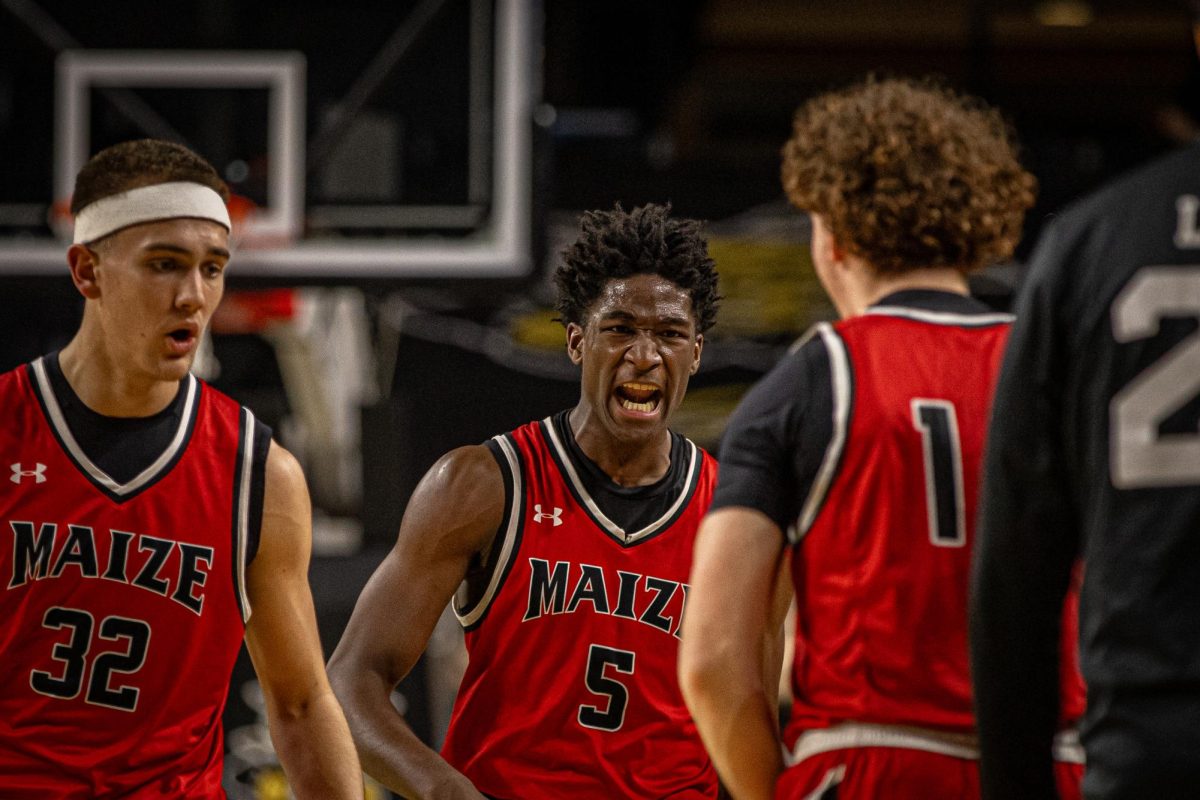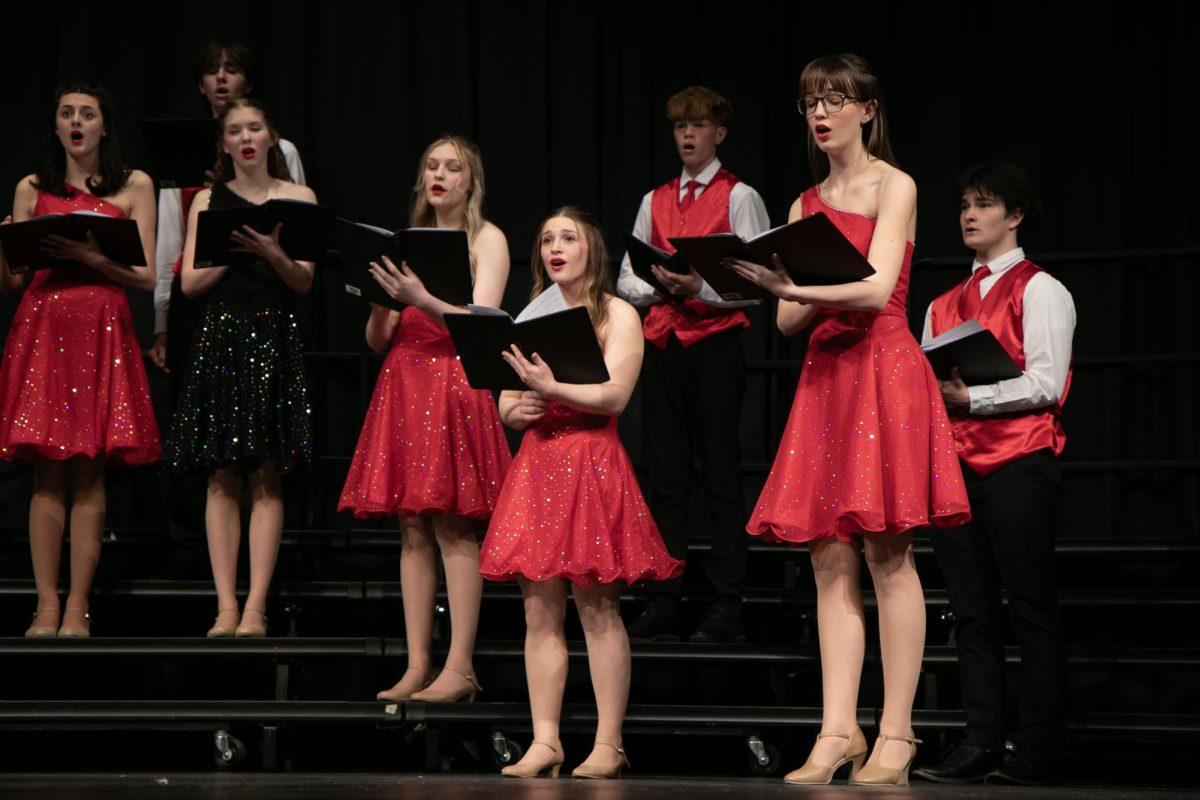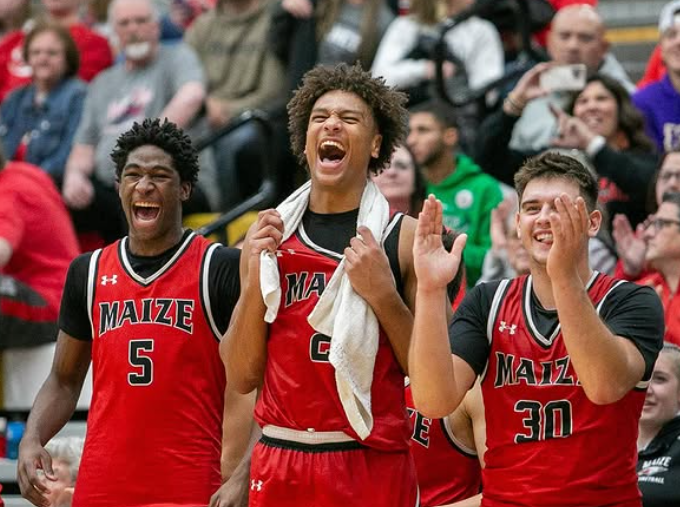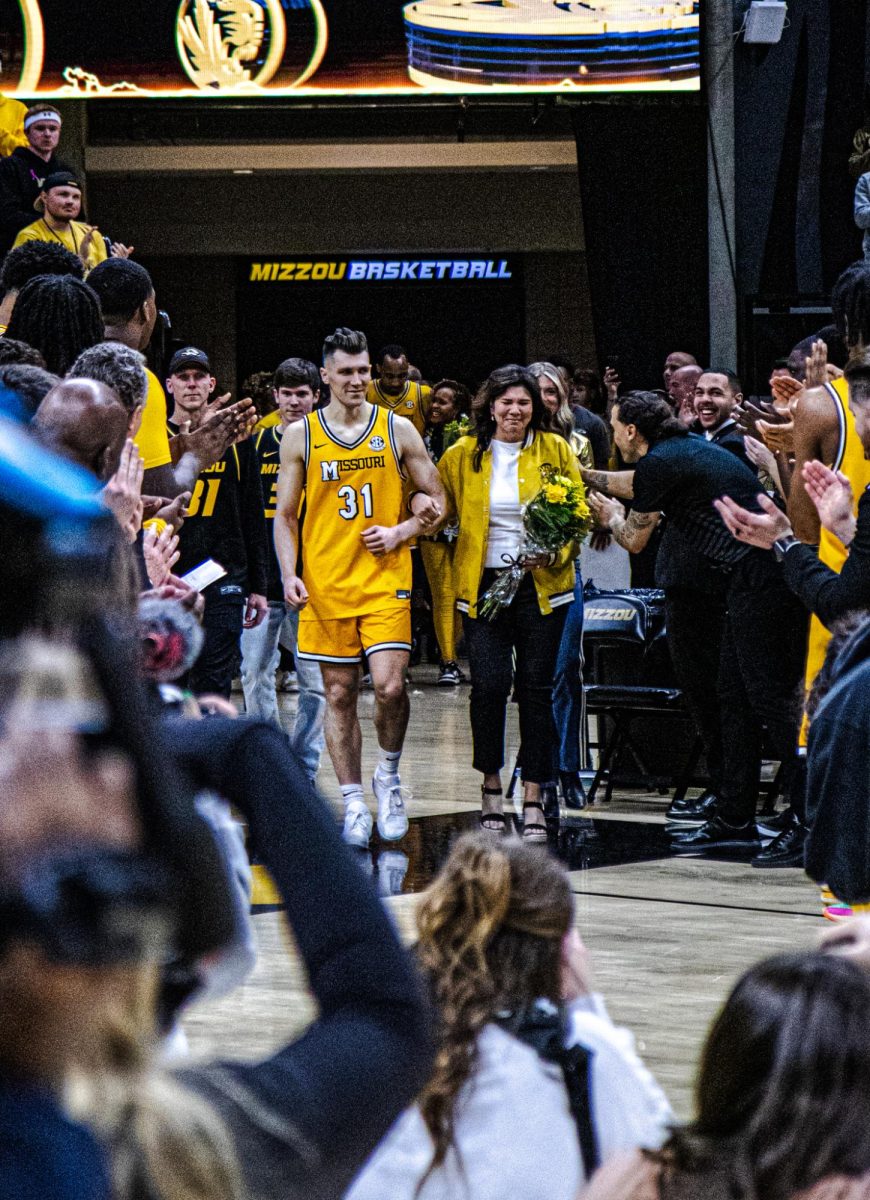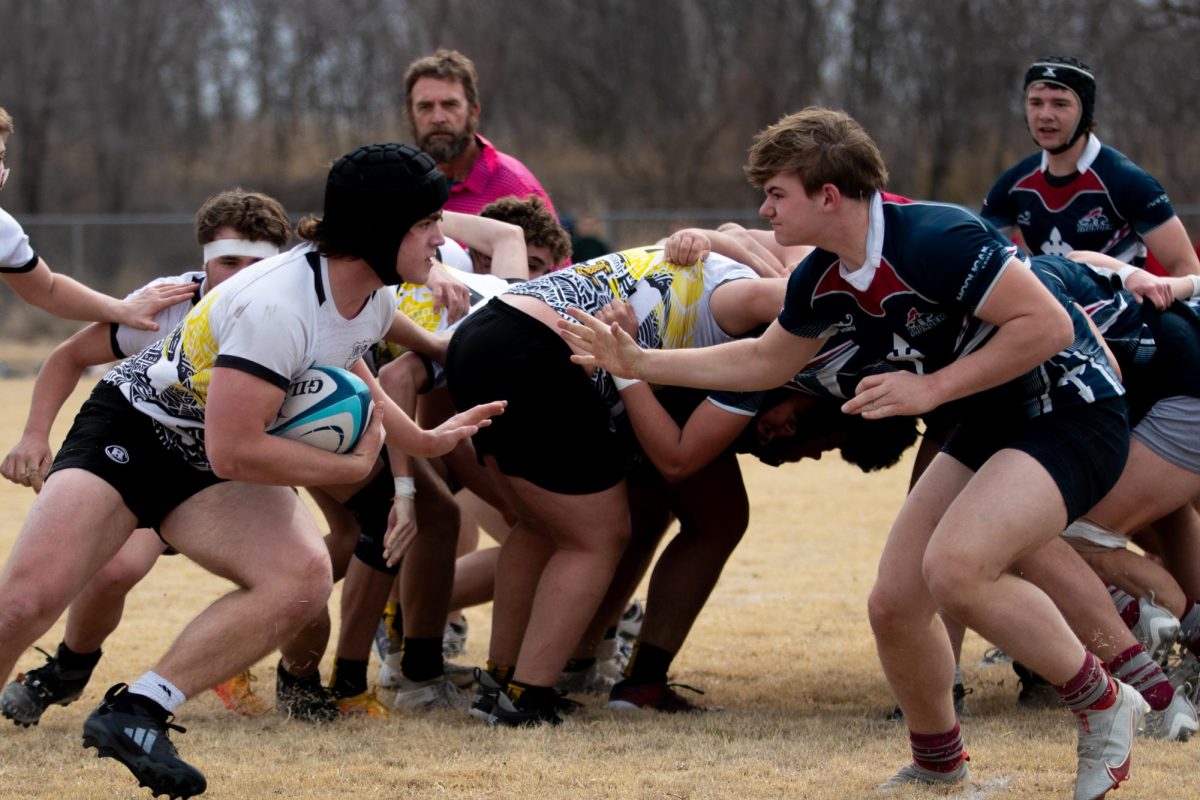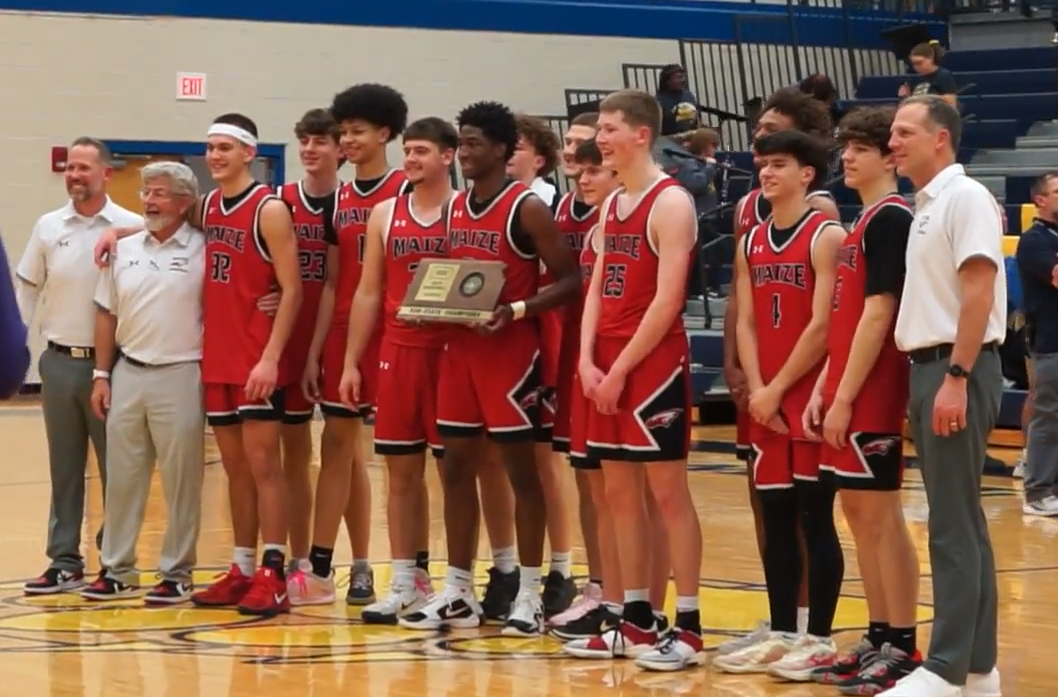Robotics is transforming education for kids. From hands-on programming in classrooms to exciting robotics competitions, students are not just learning technical skills but also developing creativity, critical thinking, and teamwork. Students grow into creators of technology, equipped with the social and emotional skills needed for the challenges ahead.
Led by teacher and club Zachary Helgesen, Robotics is growing in popularity among Maize High School students. Due to the amount of critical thinking and problem solving required, the program keeps students busy without being repetitive and boring.
Kids are given problems to solve using their knowledge in coding and mechanical engineering. Each new issue is unique enough for the students to learn a new skill, constantly invoking active thinking.
“We go over a lot of different things in class. Mechanics, structure, coding of course, as well as just overall physics and note booking the procedures and results. We start with block coding, where students learn the basics of coding, and then move on to more advanced text-based coding,” Helgesen said.
As our lives become more and more woven with technology, the lessons taught in Robotics are more and more relevant and important. Jobs in fields related to robotics are everywhere. Kids can use their high school experience and expand it in college, taking jobs in fields of engineering, programming, or even different types of technicians or computer science. With that in mind, the numbers of the class and club have grown exponentially.
“We may have to limit the number of people we’re taking into the robotics club. We’re sitting at 31 members and our classrooms are not that big,” says Helgesen.
Since last year the club has grown over 20%, much higher compared to other years’ growth. Most students that participate are dedicated towards robotics, with 90% of the club members participating in some kind of robotics class as well.
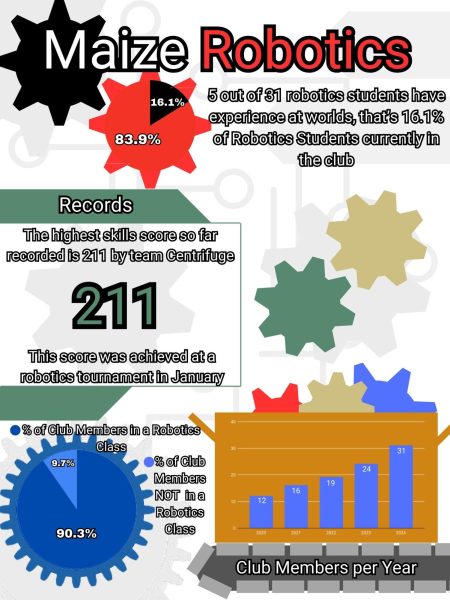
“A lot of recruiting just has to do with some of the especially excited kids talking to their friends about the club and all their projects and competitions and such, getting them interested,” said Helgesen.
Helgesen brings a wealth of experience. Prior to joining Maize High School, Helgesen played a pivotal role at Wichita West High School, where he spearheaded the establishment of a robotics club utilizing a $5,000 grant. After two years of dedicated service, he transitioned to Maize High School (MHS), where he remains actively engaged. He sees endless potential in his students every day.
“You have some that are really talented with building robots and the mechanics of it all, and power distribution and all that. Then, you have your people that are really talented with the coding aspect of it and programming the bots. You also have note bookers, who are great with writing down all the steps they take to get their result,” he said.
Sophomore Derek Sweat has excelled in the building and mechanical aspect of robotics. He almost qualified for Worlds, a prestigious robotics competition, his first year in the club.
“I absolutely see myself working with robotics in the future. In the summer I’m planning on entering the Textron program, which has a lot to do with robotics. It’s my biggest dream to be a robotics engineer as a career,” Sweat said.
Sweat is skilled and talented, but he had to work for it. He built his latest bot in a matter of days, while he estimates that for a beginner, it would’ve taken him a month.
“It’s mainly trial and error. I’ve learned a lot, like pneumatics. It all takes time, efficiency is a skill that you learn over time,” Sweat said.
While his technical skills are exemplary, it is the opportunity to lead and coach his peers that has him the most excited.
“I’m great at pointing out where to go to my driver and what would be the smartest move. I’ve helped several rookie teams get their footing and get started and be more comfortable working with each other,” Sweat said.
The robotics pathway allows students to start early on something that could be a lifelong career. In an age defined by technological advancement, programs like robotics at Maize High School can begin preparing students to navigate and shape the world of tomorrow.
